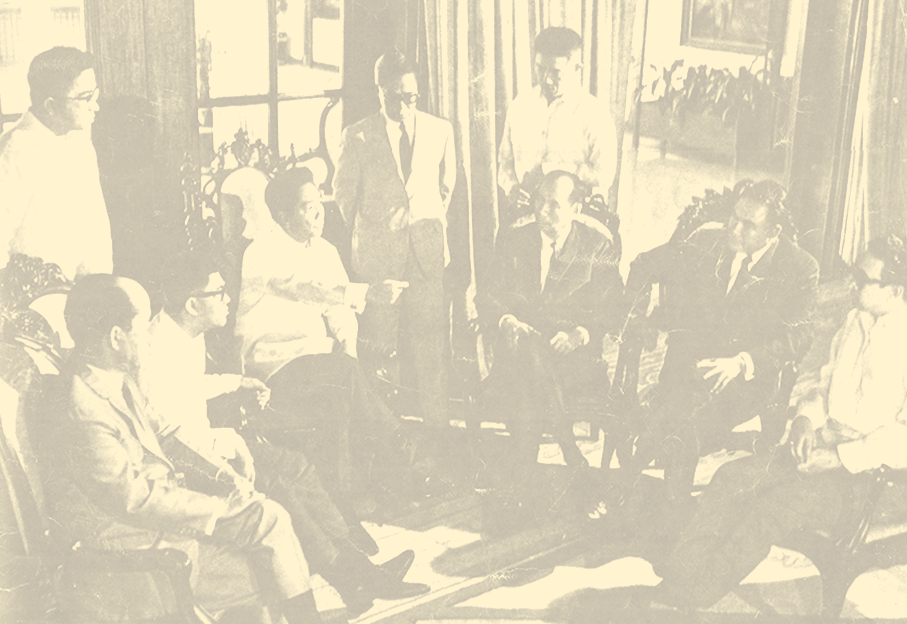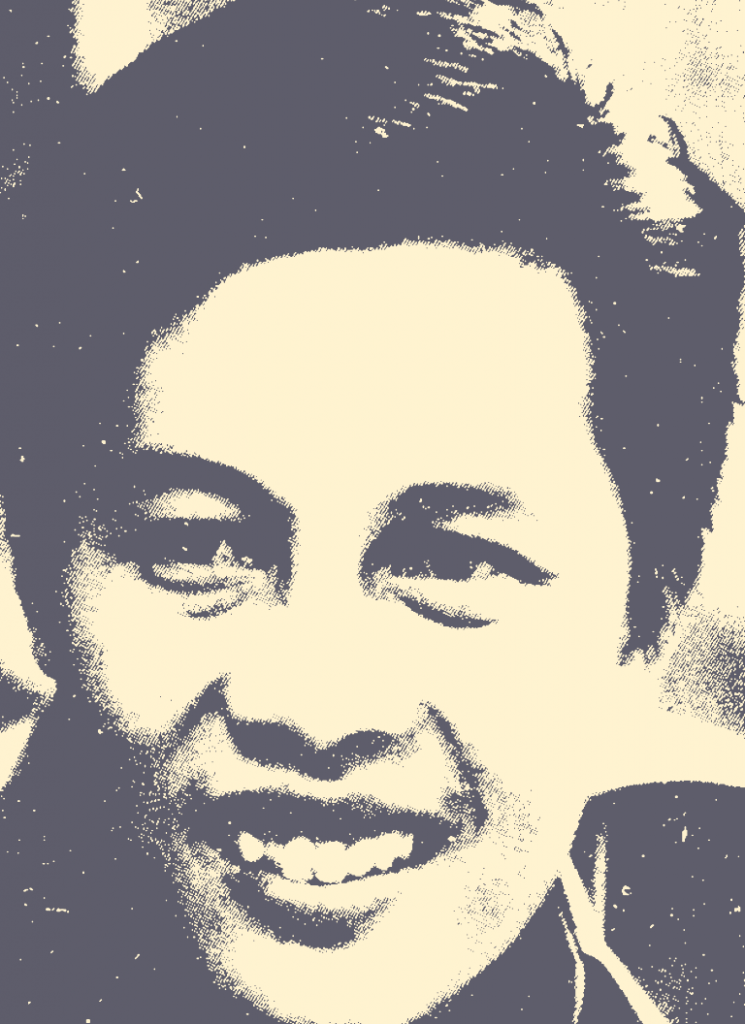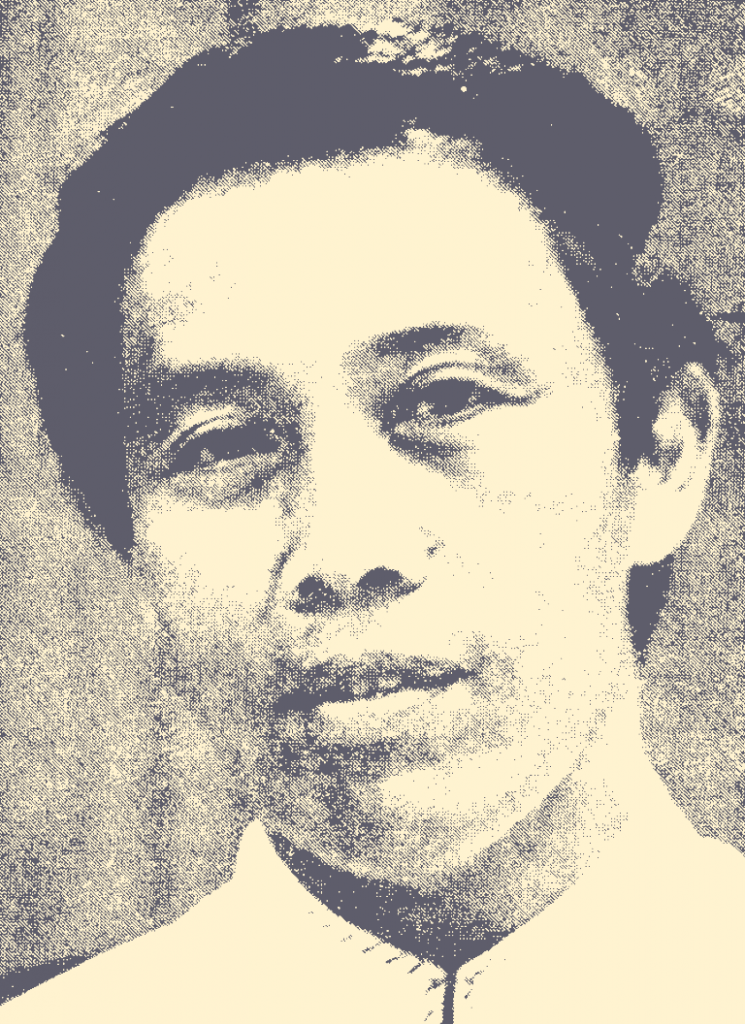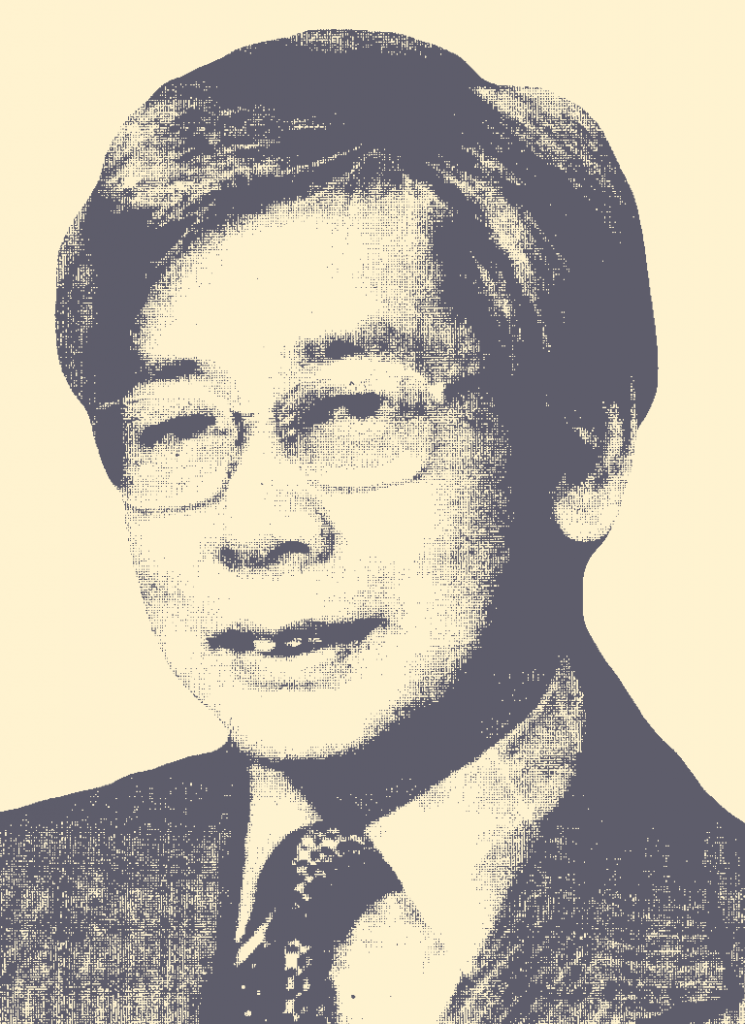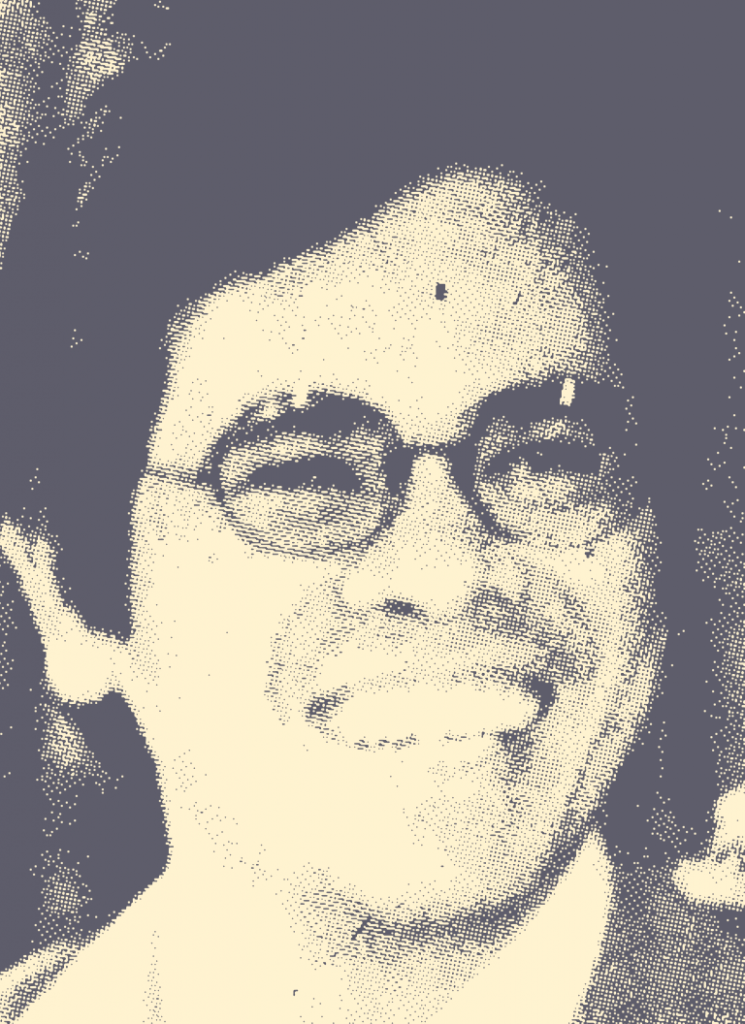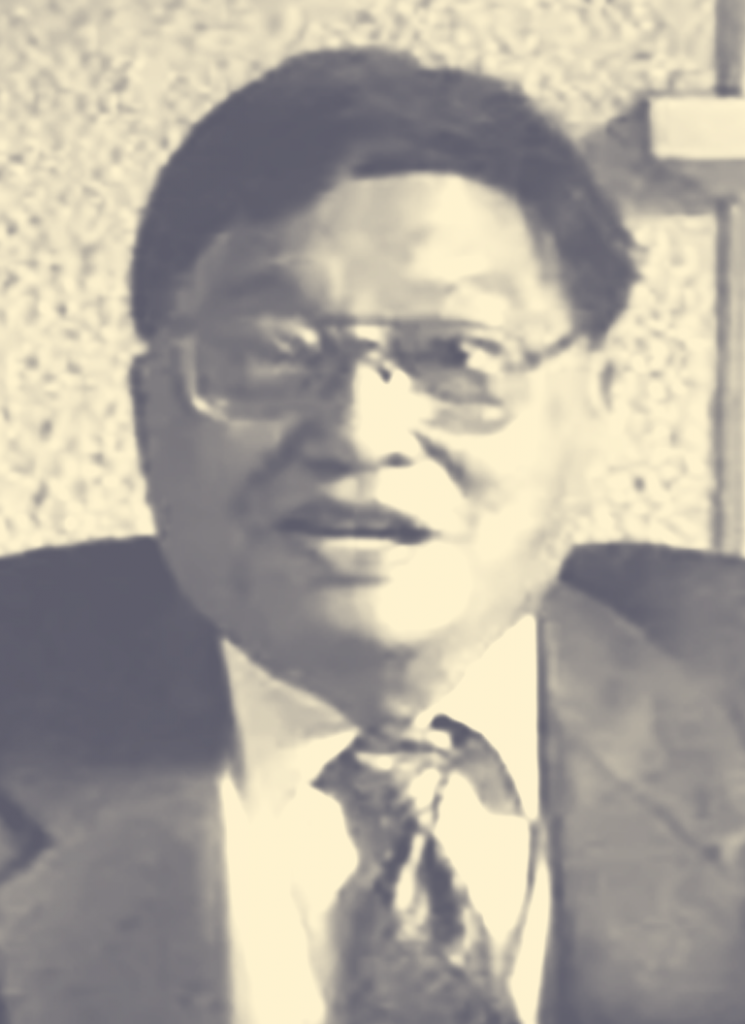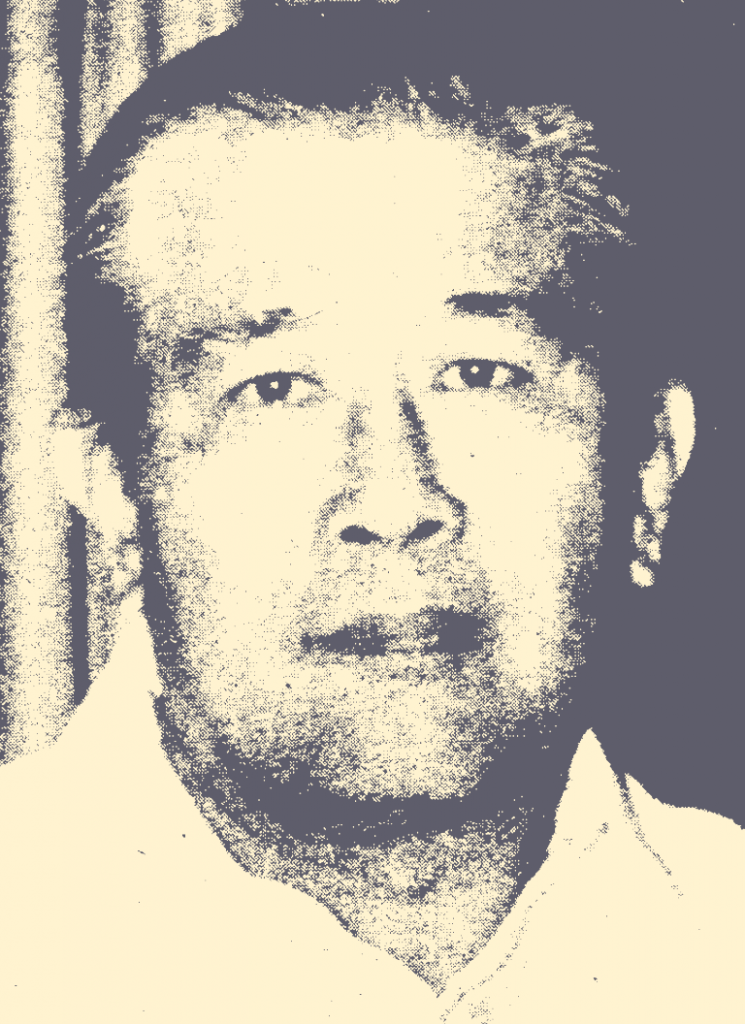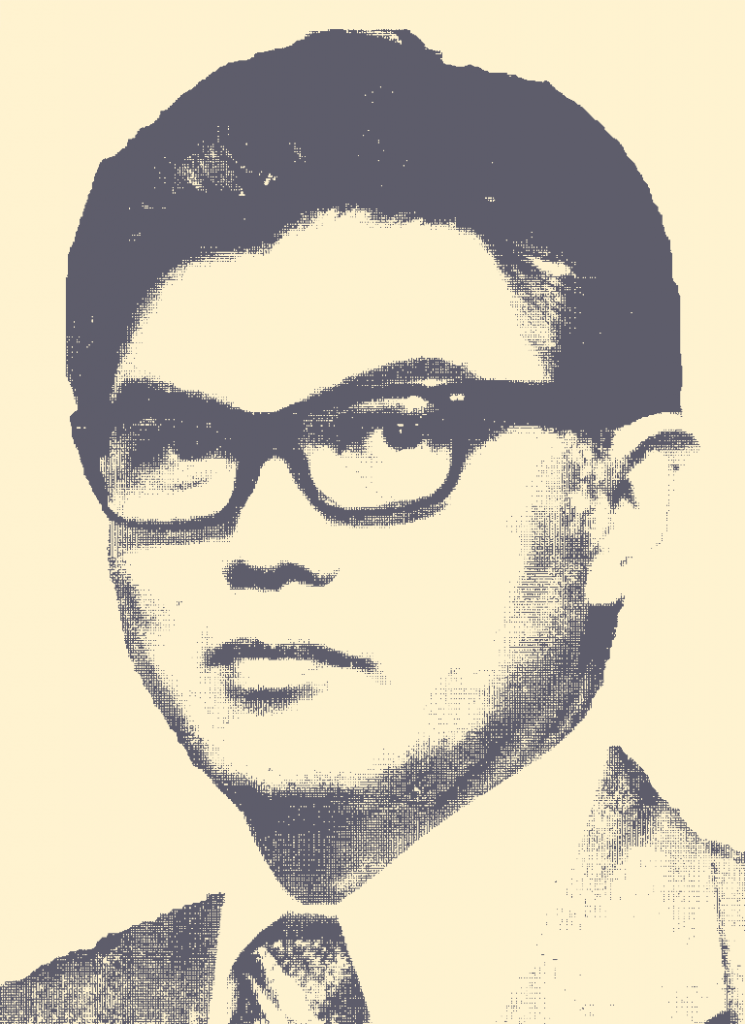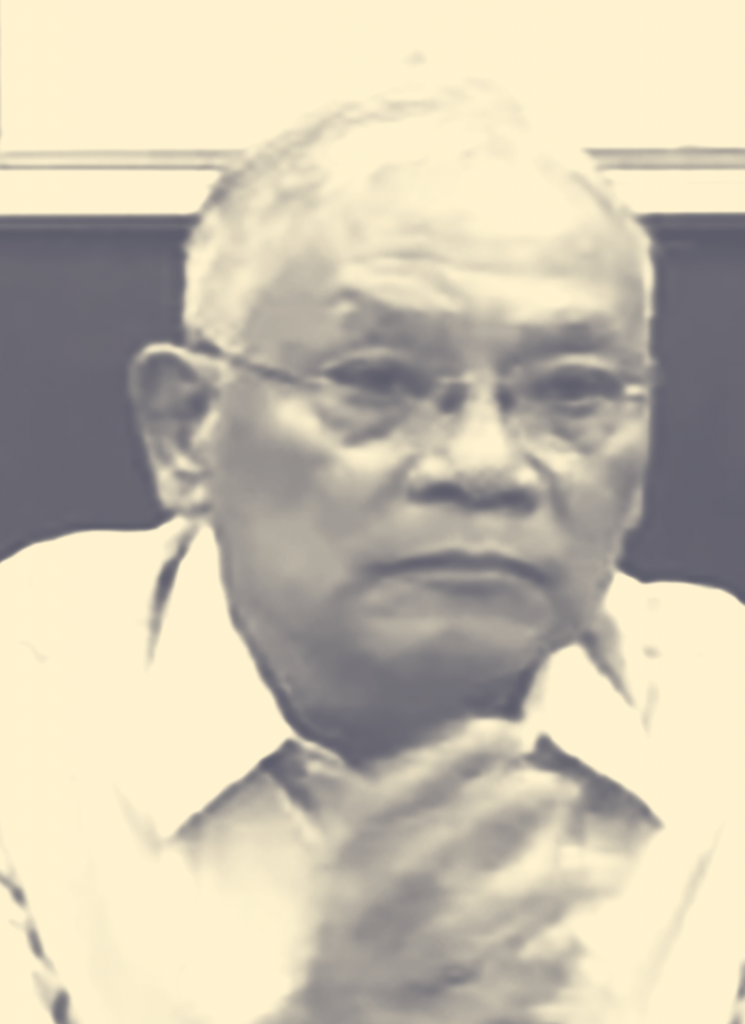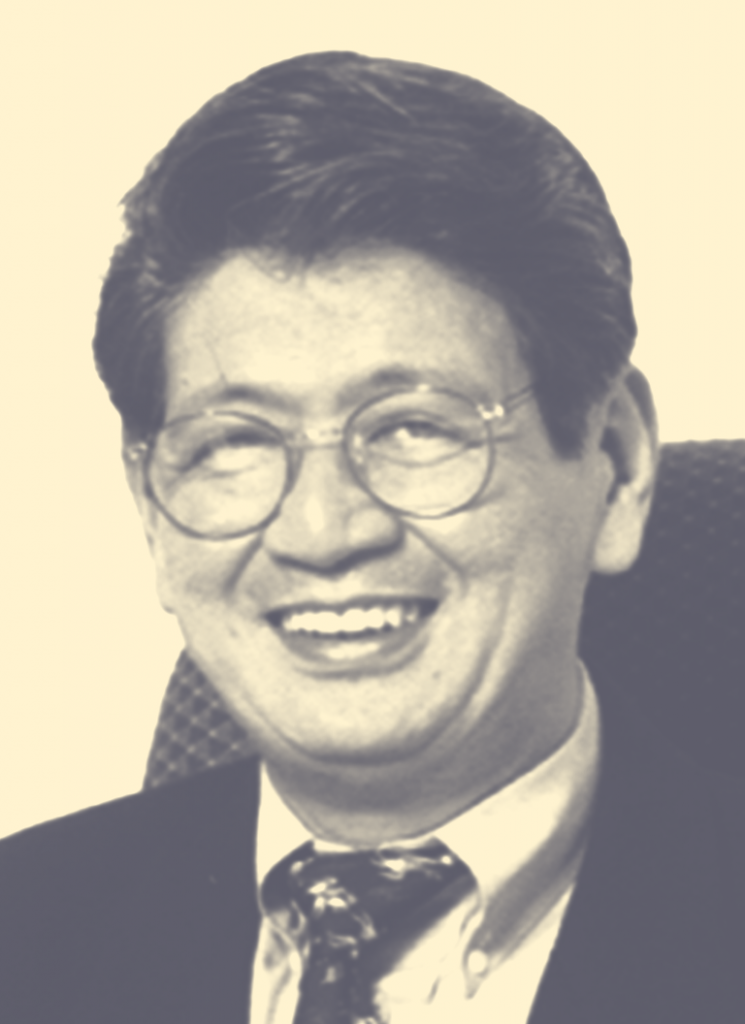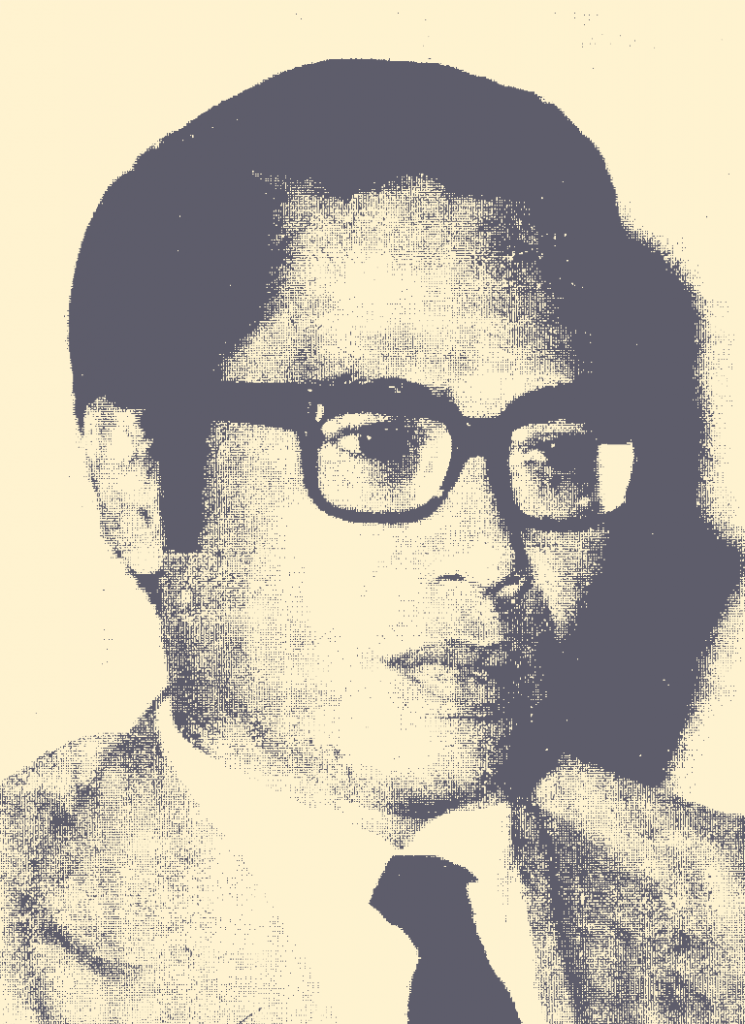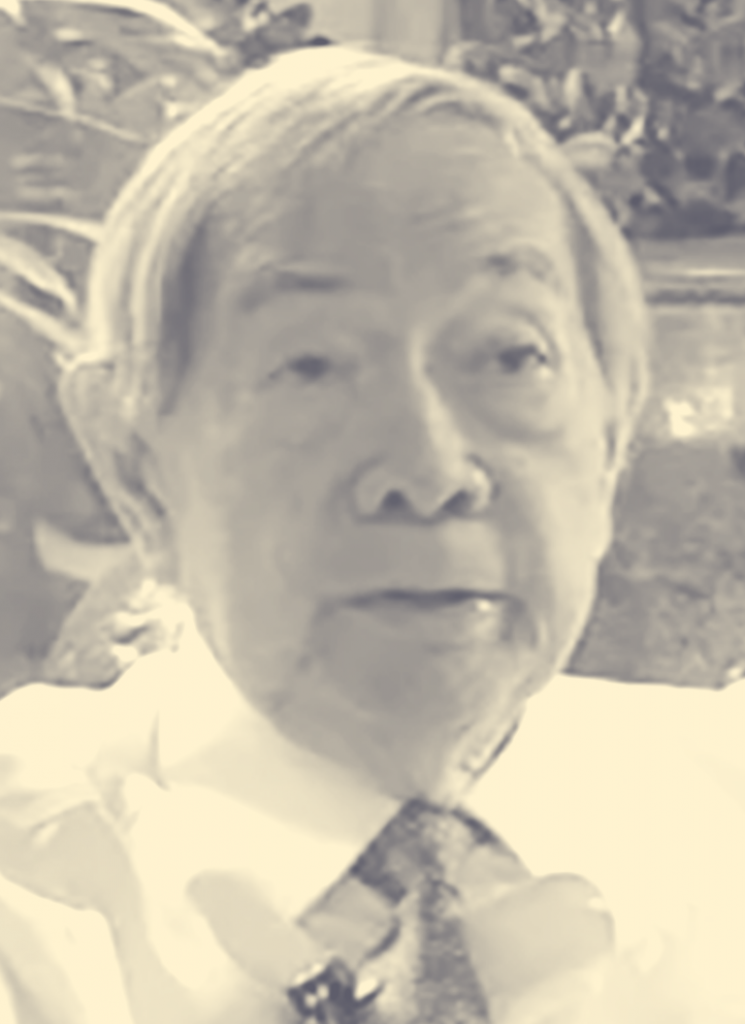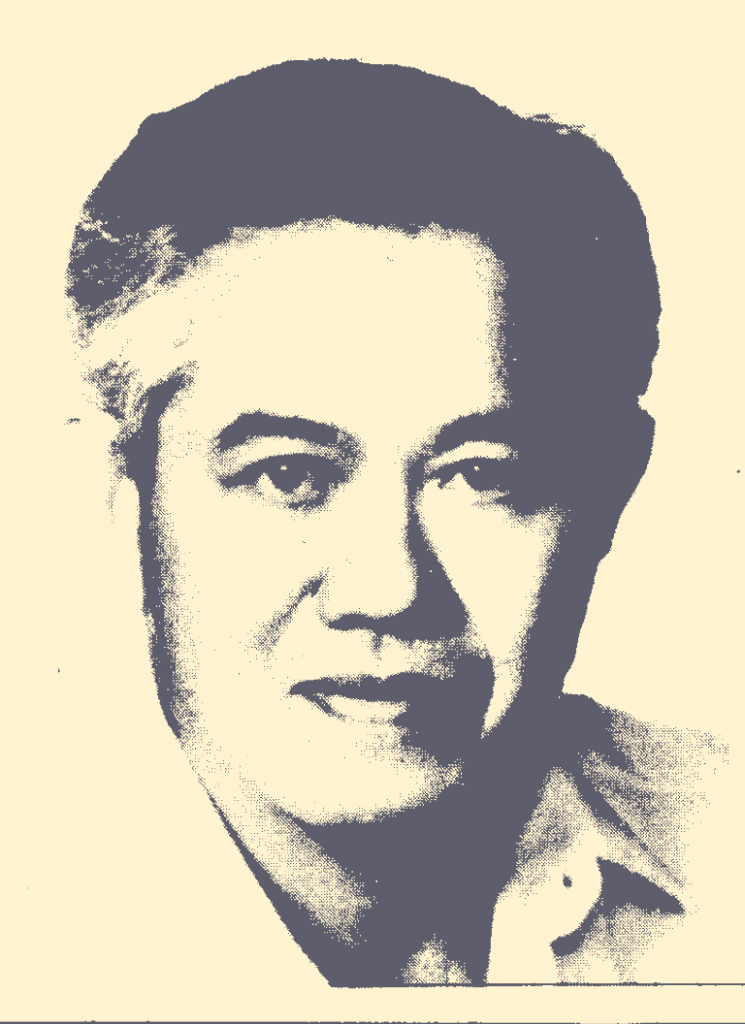Marcos Lies is a compilation of thirty-one research essays that discuss in detail the various lies that the Marcoses have either concocted or have done nothing to stifle, lies that aided them in pursuit of power and plunder. This book shows how the lies were crafted, who enabled the Marcoses to foster their falsity on their targeted audience or those who knew the truth but have chosen to be silent. Each chapter gives details on how institutions and individuals were corrupted by the Marcoses to ensure that the lies they have made would not easily unravel. If corruption fails, the Marcoses of the martial law years have no qualms in resorting to censorship and the silencing of contrary and critical voices. During the martial law years, the Marcoses had at their disposal the whole state apparatus for propaganda, ensuring that a Marcos lie would not only remain valorized and unchallenged but that it would be repeated in all mediums and avenues used for the dissemination of state information. Their lies were then documented. To prove the lies, the authors have relied on documentary sources, much of which remains untapped, ranging from recently digitized records in the custody of the Presidential Commission on Good Government to the mountain of Marcos apologia produced by the National Media Production Center during the 1970s up to the 1980s. Many of these underutilized sources have been digitized and have long been made freely available online by their custodians. Without access to university resources during the pandemic, the authors revisited these online archives for news reports and diplomatic cables, transcript of congressional investigations, and various fragments of data that when put together offer a clear view of the truth that the Marcoses have either hidden or twisted. A disproportionate amount of recent studies have focused more on the utilization of deception to help the Marcoses reclaim Malacanang than on their deceptiveness during the rule of Marcos Sr. This is also, unavoidably, among the concerns of this book. But in the writing of the articles comprising this volume, after being similarly animated by the fact-checking ethos of those in the media, the authors’ tendency has been to ask, “How far does this lie go? And for whom was the lie made?”
Joel F. Ariate Jr., Miguel Paolo P. Reyes, and Larah Vinda Del Mundo
A Revised Edition with a new foreword by Shiela Coronel, index, and appendix section will be available soon. Pre-order your copy through the link below.
Table of Contents
Table of Contents (pp. v-vi)
List of Figures (pp. vii-x)
Acknowledgements (pp. xv)
Sample Chapter | Why Imee Marcos Is Not a Graduate of the UP College of Law (pp.151-153)



